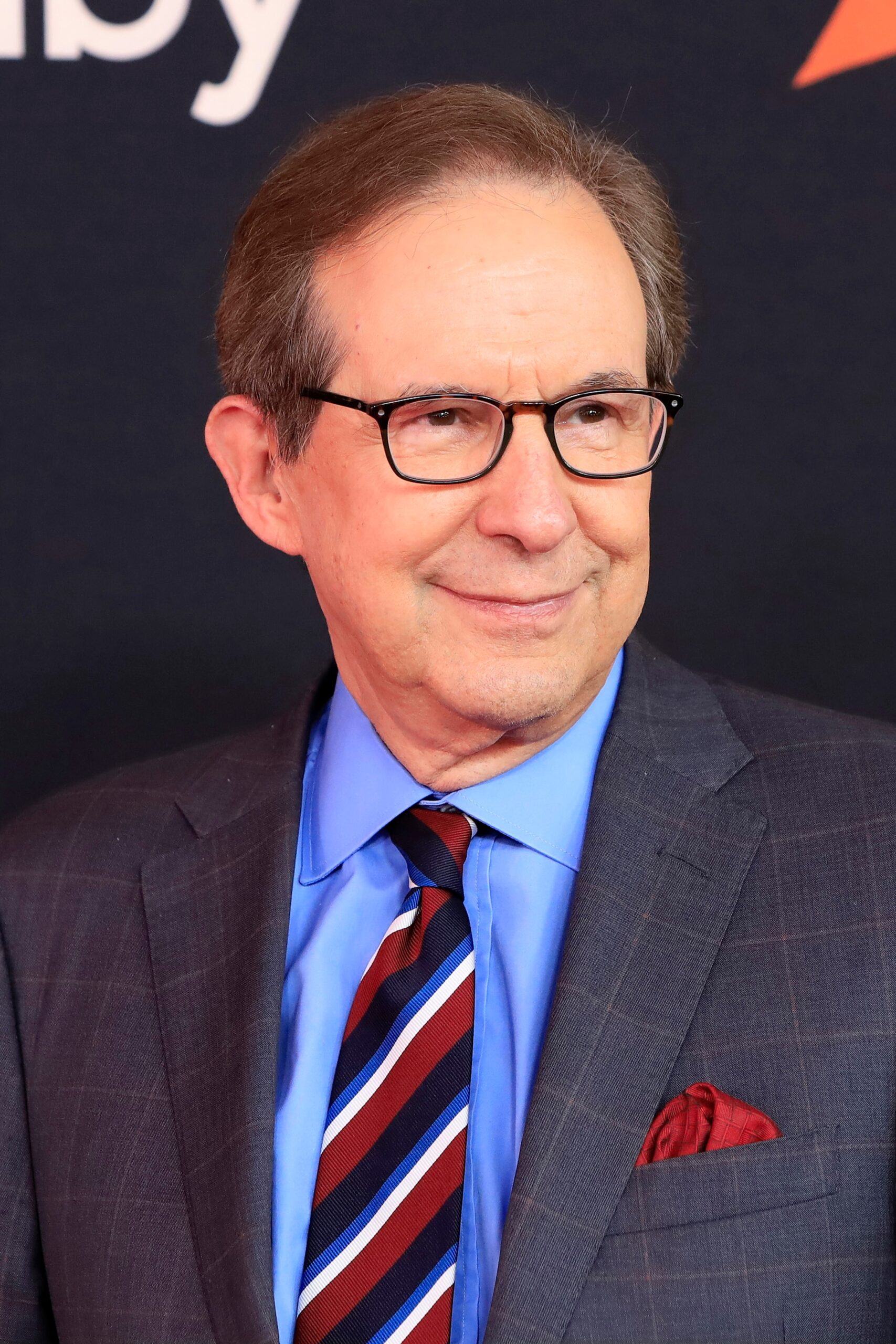
If you’ve ever seen me moderate a focus group on behalf of a radio station, you might recall a question I often ask early on in most groups is about change. I typically ask respondents whether the radio market has been relatively stable in the past year or whether the last 12 months have been a time of tumult and instability.
I have the feeling that many of my focus group conversations next year will include a lively conversation about change – in the greater media world, and of course, in local radio.
They (whoever “they” are) say, “The only constant is change.” And they weren’t kidding, because we may look back on 2024 as the year when talent departed the airwaves in droves.
And I’m not just talking mass layoffs impacting scores of people. These past few weeks and months have included many big names packing it in, moving on, changing industries, and redefining what were once steady career trajectories.
These mega-moves were once anomalies. Remember when Howard Stern boldly bolted broadcast radio for the less stable and not-so-green pastures of satellite radio. Howard’s sojourn to Sirius took place in 2006, a lifetime or two ago in the big picture of media change and disruption.
Back then, seismic changes were relative rarities. While there were storm clouds on the radio horizon, I’d bet most talent and managers working in broadcasting back then didn’t question their longevities in the industry.
Today, the exception has become the rule. It seems like everyone’s “looking.” You can see this in the quarterly reporting by Microsoft of their social platform, LinkedIn. You may not be active user, but chances are you’ve got a profile on the world’s biggest social jobs site.
everyone’s “looking.” You can see this in the quarterly reporting by Microsoft of their social platform, LinkedIn. You may not be active user, but chances are you’ve got a profile on the world’s biggest social jobs site.
Unlike Facebook or X, LinkedIn is a niche player, focused on jobs and the employment market. Yet, in quarter after quarter, Social Media Today reports LinkedIn almost always scores “record engagement” and revenue improvement. In fact, Microsoft doesn’t even change the wording on their investor calls.
It’s no surprise to us in radio. If you read the trades – Radio Ink, Inside Radio, Current (in public radio) and others, you can’t miss the frenetic movement, job changes, retirements (forced or otherwise), and the other changes rocking every station, network, and organization.
One week ago today, two stalwart morning shows in the rock radio family hung up their headphones in their home markets. John Boy & Billy in Charlotte (WRFX/The Fox) and Lamont & Tonelli in San Francisco (KSAN/The Bone). Not only did I consult both stations, but I was part of the strategic teams that brought them in to their respective stations “back in the day.”
family hung up their headphones in their home markets. John Boy & Billy in Charlotte (WRFX/The Fox) and Lamont & Tonelli in San Francisco (KSAN/The Bone). Not only did I consult both stations, but I was part of the strategic teams that brought them in to their respective stations “back in the day.”
For them to finish their careers at their flagship stations (JB&B continue their shows via Premiere) is epoch, and yet, we’re becoming numb to the changes because they are happening with such stark frequency. And don’t think there was any conspiracy because two of the most successful morning shows in rock radio history saw their credits roll on the same day – their owners are iHeartMedia and Cumulus, two companies most certainly not colluding.

Lamont (center) & Tonelli (far right)
No, this is the world we’re living in. Last month, I wrote a post – “Death By 1,000 (Salary) Cuts” – about Hoda Kotb puling up stakes on “Today” to pursue not-yet-announced other media opportunities. Observers realize that while Hoda will likely enjoy success wherever she goes and whatever she does, an impending salary haircut was in the offing as part of a new contract.
 There’s no telling what the motivation really was for 77 year-old Chris Wallace saying sayonara to the troubled CNN. The veteran newscaster/journalist/pundit/author announced last week he’ll be leaving the first cable news network to pursue a career of podcasting or streaming – “where the action seems to be.”
There’s no telling what the motivation really was for 77 year-old Chris Wallace saying sayonara to the troubled CNN. The veteran newscaster/journalist/pundit/author announced last week he’ll be leaving the first cable news network to pursue a career of podcasting or streaming – “where the action seems to be.”
It’s certainly not in cable television. This week, it was Comcast playing “decider” over the fate of two of its news networks. The parent will put CNBC and MSNBC up for adoption, spinning them off.
This is an obvious acknowledgement that streaming is the winning platform, as millions of consumers continue to “cut the cord.” Comcast will hang onto Bravo, Peacock, and other assets, while off-loading their two premiere cable news networks.
And that begs the question over the relative health of news organizations pretty much everywhere. The number of layoffs impacting news departments during this year are too many to mention. And they aren’t showing signs of stopping – even on the local level.
Hometown TV news stations continue to show veterans – and expensive anchors and other personnel – the door. New hires are much more affordable and of course, they’re younger and ostensibly hungrier.

via Wikipedia
And local public radio is not immune. This morning’s Detroit Free Press reported that Stephen Henderson (pictured) – their popular midday host of talk show “Created Equal” (formerly “Detroit Today”) – won’t re-sign with home station WDET.
Henderson announced on social media he decided to leave the station over budget cuts he deemed would cause “an unsustainable withdrawal of commitment to the show and its mission.”
Apparently, station management never saw it coming.
But media observers aren’t surprised because financial troubles are impacting media on all platforms and in myriad markets. Ironically, smaller markets appear to be less affected by the budget issues and viewership struggles.

via Radio Ink
At Forecast 2025 last week, one of the most upbeat panels of the day was “Mainstreet Media: Where Local Broadcast Survives & Thrives,” featuring independent and small market broadcasters reporting profitability and growth.
Clearly, they’re in the minority these days, particularly as larger markets and major news and media organizations try to retain their talent in the face of decreasing viewer and listenership – and of course, black ink.
What impact will this have on audiences? For most of these moves, we may not know for weeks or months. But when your favorite hosts and shows disappear, and are replaced by different talent, viewer and listener routines are rocked. We see the net effects of these quantum changes each year as we track Net Promoter Scores in our Techsurveys.
But know this – the obvious reaction is to view these surface changes for what they are – the comings and goings of talent. There’s nothing new about that, but it oversimplifies what is really going on.
But in 2024, these changes are symptoms of changing conditions in the media ecosphere. Revenue deficits, the growing gap between linear media and digital, sales shortfalls, and other macro effects of media changes. Add in new technology like AI and a political climate that is unstable as ever, and we’ve got a maelstrom of change on our hands.

Change is most definitely in the air.
Originally published by Jacobs Media









